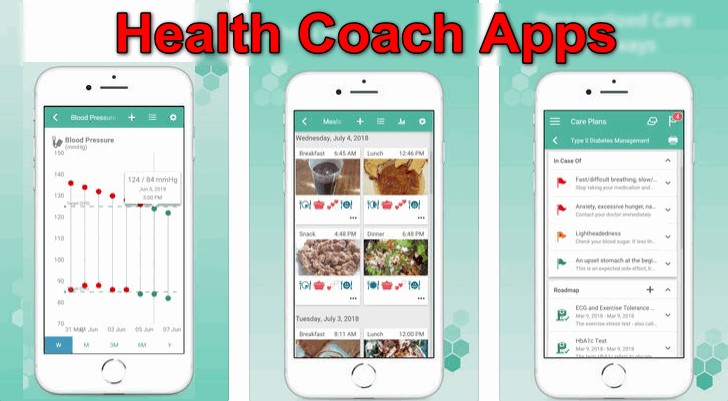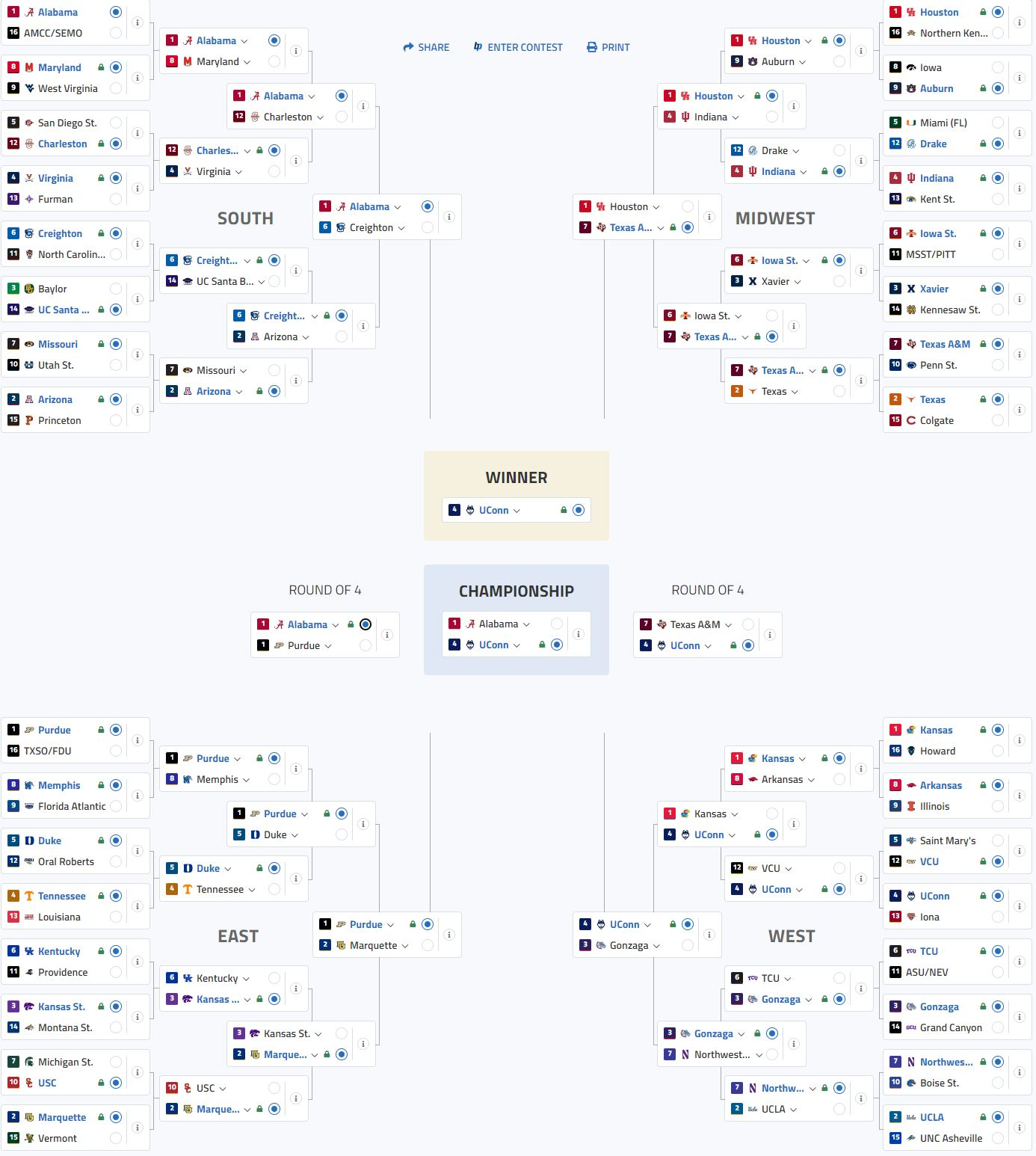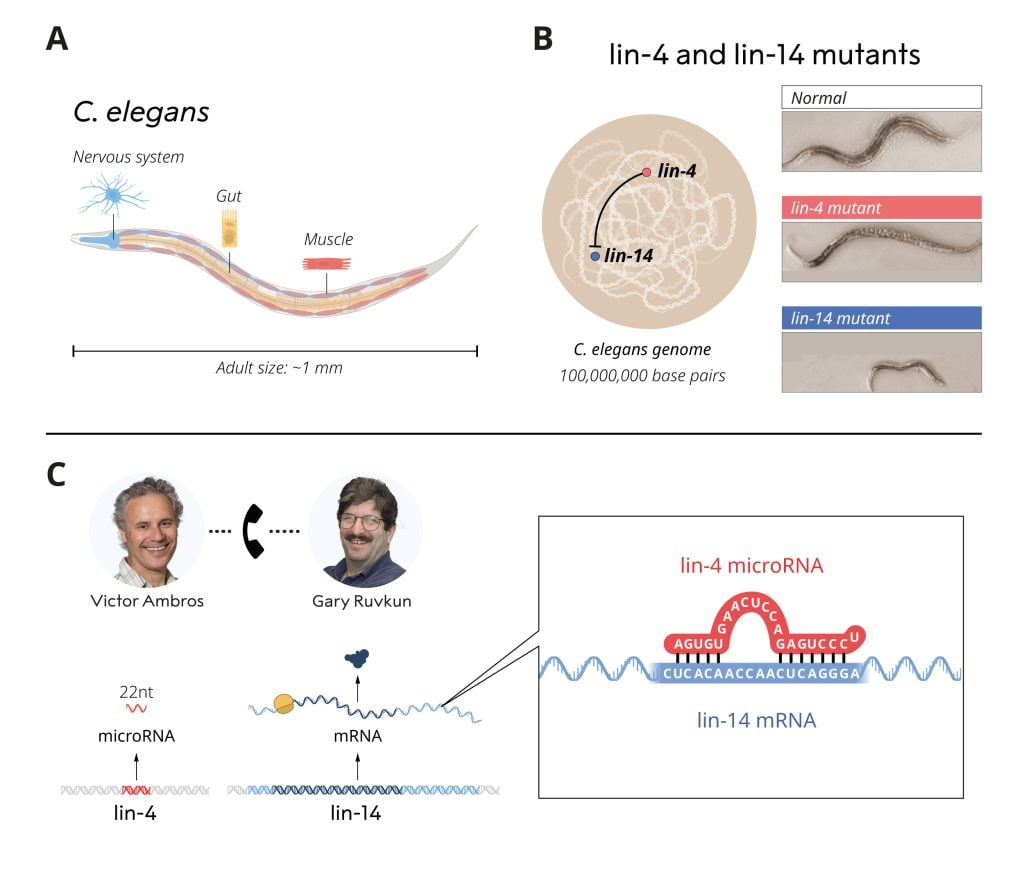Healthcare coaching apps are revolutionizing the way patients manage their health by providing personalized, on-demand support directly from their mobile devices. By utilizing advanced algorithms and principles from AI in patient management, these applications cater specifically to the unique needs of users, including those requiring specialized care such as cancer patient care apps. With the capacity for digital health support that adapts in real-time, these personalized health applications enhance adherence to treatment regimens and overall health outcomes. The innovative use of reinforcement learning in healthcare enables these apps to track user behavior and adjust recommendations, ensuring that support is timely and effective. As a result, healthcare coaching apps not only empower individuals but also help them navigate complex health challenges more efficiently.
Digital wellness applications are changing the landscape of patient care by offering adaptive, real-time assistance right at users’ fingertips. These innovative tools, often referred to as personal health assistants, leverage cutting-edge technology to provide tailored experiences that resonate with the user’s specific circumstances. Among these, cancer support apps have emerged as vital resources for patients needing constant guidance during recovery. By integrating concepts such as AI-driven patient management and continuous learning algorithms, these applications create a dynamic environment that fosters better health practices. In this digital age, personalized care solutions are essential for promoting adherence to treatment plans and enhancing the overall well-being of individuals.
The Rise of Personalized Health Applications
In recent years, the proliferation of personalized health applications has marked a significant shift in how we approach health management. These apps not only track activity but also provide tailored interventions based on individual user data. By leveraging machine learning algorithms and real-time data analysis, personalized health applications adapt to users’ evolving health needs, enhancing engagement and adherence to health regimens. This is particularly beneficial for chronic disease management, as patients receive timely reminders and personalized suggestions that align with their unique situations.
Moreover, the integration of reinforcement learning techniques allows these applications to offer support that feels intuitive and responsive. By continuously updating their strategies based on user interaction, they create a dynamic environment for health transformation, empowering patients to take charge of their well-being. As digital health support evolves, these personalized solutions will likely play a crucial role in healthcare systems worldwide.
Healthcare Coaching Apps: A New Era in Patient Management
Healthcare coaching apps are revolutionizing patient management, providing users with a level of support that was previously unavailable. These applications use advanced algorithms to deliver personalized health advice and behavioral nudges, helping users stay on track with their health goals. By combining scientific methods of reinforcement learning in healthcare, these apps can adjust their offerings based on user preferences, thereby increasing the likelihood of adherence to prescribed health regimens. This real-time coaching can be a game-changer, especially for those facing complex health challenges.
Furthermore, the functionality of these healthcare coaching apps extends beyond basic reminders. For instance, some applications are specifically designed to assist cancer patients in managing their medication schedules and recovery processes. By continuously learning from user interactions, these apps provide tailored support that not only educates patients but also motivates them through personalized incentives. This kind of adaptive intervention is crucial for maintaining adherence during strenuous treatment protocols.
AI and Reinforcement Learning in Healthcare
The integration of artificial intelligence (AI) into healthcare has ushered in a new paradigm where patient management becomes more efficient and effective. Reinforcement learning, a subset of AI, is particularly promising as it enables systems to learn from user behavior, continually improving their recommendations. This has significant implications for chronic disease management, mental health, and other areas where ongoing engagement is vital. As healthcare professionals adopt AI-enhanced tools, the potential for better patient outcomes increases dramatically.
Moreover, harnessing AI in the development of healthcare applications creates opportunities to tailor interventions that resonate with individual user motivations and contexts. For instance, an application designed for patients undergoing stem cell transplants can adapt its prompts and messages based on a user’s feedback, ensuring that the assistance provided aligns perfectly with their current emotional state and health status. As a result, patients feel more supported, and their likelihood of adhering to treatment protocols rises.
The Importance of Social Support in Health Management
Social support is a critical component of effective health management, especially for individuals dealing with significant medical challenges. Evidence suggests that emotional and informational support from family and friends can positively impact treatment adherence and overall well-being. Healthcare apps that incorporate social networks into their design can provide users with a platform for sharing experiences, soliciting encouragement, and collaborating with caregivers.
Specifically, apps geared towards cancer patients and their families can foster communication and connection, allowing caregivers to join in the treatment journey. By promoting shared accountability, these applications help both patients and caregivers feel empowered to make informed health decisions, ultimately leading to more successful outcomes. This social aspect not only enhances the user experience but also strengthens the support network surrounding the patient.
Adapting Technology for Cancer Care
Developing specialized technologies for cancer care represents a significant advancement in patient-centered applications. Cancer patient care apps utilize data-driven methodologies to provide targeted support, addressing the nuanced needs of patients navigating their treatment journeys. By harnessing the power of algorithms, these apps offer personalized recommendations that adapt as the patient’s condition and needs evolve.
Such adaptability is essential in a landscape where side effects and treatment responses can vary widely among individuals. Therefore, developers aim to create platforms that can modify their approach in response to real-time feedback, optimizing each user’s experience. As researchers continue to collaborate on these applications, the integration of AI will likely enhance the precision and relevance of the support provided, ultimately transforming cancer care.
Enhancing Family Involvement with Digital Supports
The trend toward enhancing family involvement in patient care through digital supports is gaining traction. Apps designed for patients and their caregivers can foster stronger relationships by encouraging shared responsibilities in managing health regimens. For instance, when family members are integrated into the software, they can receive reminders and updates about the patient’s treatment, improving communication and fostering cooperation.
These digital supports not only ease the burden on patients by distributing responsibility but also help caregivers feel more involved and informed. As family dynamics play a crucial role in a patient’s recovery journey, facilitating effective communication through technology can enhance the overall quality of care. The iterative learning process within these apps ensures that they refine their approaches to strengthen these family ties even further.
The Role of Gamification in Health Applications
Gamification is an innovative approach being increasingly adopted in health applications to motivate users towards achieving their health goals. By incorporating game-like elements—such as rewards, challenges, and social competition—these apps engage users by making health management more enjoyable and interactive. The psychological benefits of gamified learning can lead to better adherence to health protocols and increased user satisfaction.
For example, an app may include activities or daily challenges that not only track medication adherence but also promote other healthy behaviors, such as exercise and wellness habits. The goal is to transform what can often be a monotonous task into an engaging experience. As users progress and achieve milestones, they receive feedback and incentives, creating a positive reinforcement loop that encourages sustained engagement.
Future Trends in Digital Health Support
The future of digital health support is filled with promise as advancements in AI and mobile technology continue to evolve. Expected trends include the increasing use of predictive analytics to foresee potential health issues and provide preemptive guidance tailored to individuals. As healthcare providers and tech developers join forces, the offerings will likely expand to include more sophisticated algorithms that can handle an increasingly diverse array of health conditions.
Additionally, we can anticipate greater interoperability between apps and healthcare systems, allowing data to flow seamlessly between platforms. This integration will enable more comprehensive care coordination and monitoring, ensuring that patients receive the most holistic support possible. As digital health support becomes more integrated into everyday life, the potential for improved health outcomes is exciting.
Addressing Barriers to Technology Adoption in Healthcare
Despite the significant advantages of technology in healthcare, several barriers may hinder its widespread adoption among patients and providers. Factors such as access to advanced devices, digital literacy, and privacy concerns often create obstacles that prevent users from fully embracing digital health solutions. Addressing these barriers is crucial to maximizing the potential of healthcare coaching apps, especially for vulnerable populations.
The role of education cannot be underestimated; as healthcare providers work to improve tech literacy and confidence among patients, initiatives must be implemented to foster comfortable environments for engagement with these digital tools. Ensuring secure and private platforms will also help alleviate concerns, creating trust in digital health resources. Only with a collective effort can we break down the barriers and realize the full potential of digital health technology.
Frequently Asked Questions
What are healthcare coaching apps and how do they work?
Healthcare coaching apps are digital health support tools designed to provide personalized health guidance and assistance to users. They leverage artificial intelligence and reinforcement learning to adapt to individual needs, thereby offering tailored reminders, motivational prompts, and support for managing health conditions. Such apps are particularly useful for patients, including those on rigorous medication schedules, as they provide continuous, context-sensitive support throughout their health journeys.
How can cancer patient care apps aid in medication adherence?
Cancer patient care apps utilize algorithms that offer just-in-time adaptive interventions, helping users maintain their medication schedules effectively. By providing timely reminders and motivational messages, these apps consider the patient’s unique context, which improves adherence rates. For instance, tools in development for stem cell transplant patients aim to enhance communication between patients and caregivers, leading to better management of medication regimens.
What is the role of AI in patient management within healthcare coaching apps?
AI plays a critical role in patient management by powering the algorithms used in healthcare coaching apps. These algorithms continuously learn from user interactions to provide personalized support, thus improving health outcomes. By analyzing individual patterns and preferences, AI enhances the overall user experience and optimizes interventions based on when they are most needed.
How do personalized health applications improve patient care?
Personalized health applications improve patient care by adapting their features and support to meet individual health needs. By utilizing real-time data and user feedback, these apps customize health strategies, such as medication reminders or motivational support, promoting better adherence and engagement. This tailored approach ensures that the interventions are relevant and effective for the user.
What benefits do reinforcement learning in healthcare deliver through coaching apps?
Reinforcement learning in healthcare coaching apps delivers significant benefits by enabling the software to learn and evolve from user interactions over time. This technology allows apps to optimize their messaging and support frameworks, ensuring that notifications are timely and pertinent. By adjusting interventions based on user feedback and behavior, these apps can significantly enhance health management and user satisfaction.
Can healthcare coaching apps provide support for cannabis users?
Yes, healthcare coaching apps can provide targeted support for cannabis users through personalized interventions aimed at reducing consumption. For example, apps like MiWaves utilize reinforcement learning techniques to effectively engage users and adapt strategies that encourage healthier behaviors while addressing their unique challenges related to cannabis usage.
What features should I look for in a cancer patient care app?
When choosing a cancer patient care app, look for features such as personalized medication reminders, motivational prompts tailored to your unique schedule, caregiver communication tools, and educational resources about cancer treatment. Additionally, ensure the app leverages AI technology to adapt its support based on your interactions, which increases the likelihood of successful health management.
How does reinforcement learning enhance mobile health applications?
Reinforcement learning enhances mobile health applications by enabling them to learn from user interactions and optimize the support they provide. This dynamic learning capability allows the app to adjust reminders, content, and engagement strategies based on what has been most effective for the user, ultimately leading to improved health outcomes and sustained user engagement.
| Key Point | Details |
|---|---|
| Personalized Support | Healthcare coaching apps use algorithms to provide tailored support to users, adapting to their specific situations. |
| Just-in-Time Intervention | These apps offer assistance at crucial times, capturing real-time needs rather than a one-size-fits-all approach. |
| Reinforcement Learning | The algorithms learn from user interactions, adjusting reminders and support based on what works best for each individual. |
| Focus on Caregivers | Many apps, like ADAPTS HCT, involve caregivers in the process, helping them manage patient medication effectively. |
| Real-World Applications | Projects like MiWaves and Oralytics aim to address issues like cannabis misuse and dental hygiene with adaptive coaching. |
| Accessibility | Healthcare coaching apps provide an affordable alternative to hiring personal coaches, offering users a way to achieve their health goals independently. |
Summary
Healthcare coaching apps are revolutionizing the way individuals manage their health by providing personalized support tailored to their unique needs. Utilizing advanced algorithms and real-time data, these apps offer just-in-time interventions, helping users adhere to medication regimens, improve their dental hygiene, and even manage substance use. By integrating caregivers into the process, they enhance patient outcomes while making health management accessible and affordable. The future of healthcare coaching lies in these innovative technological solutions, changing the landscape of personal health management.



